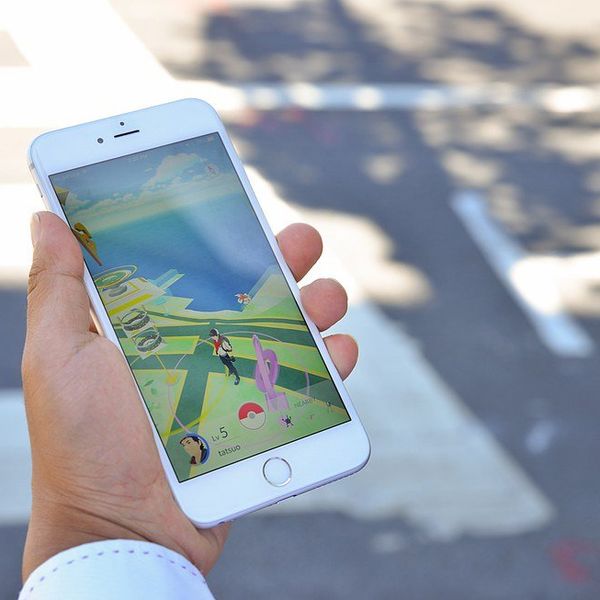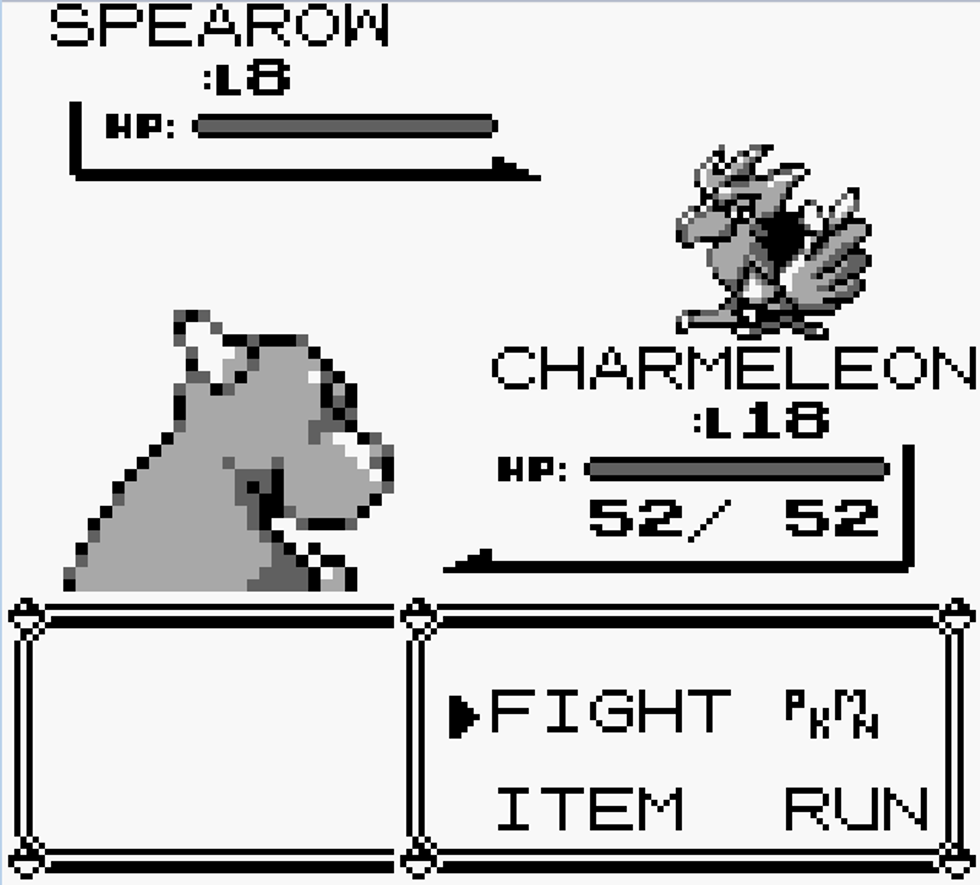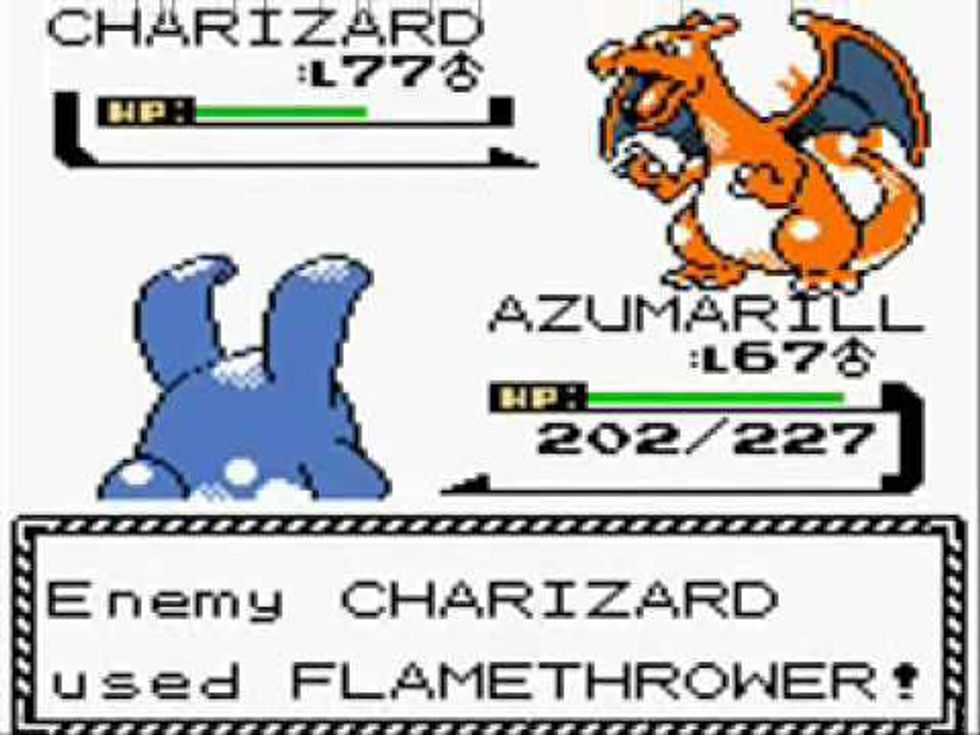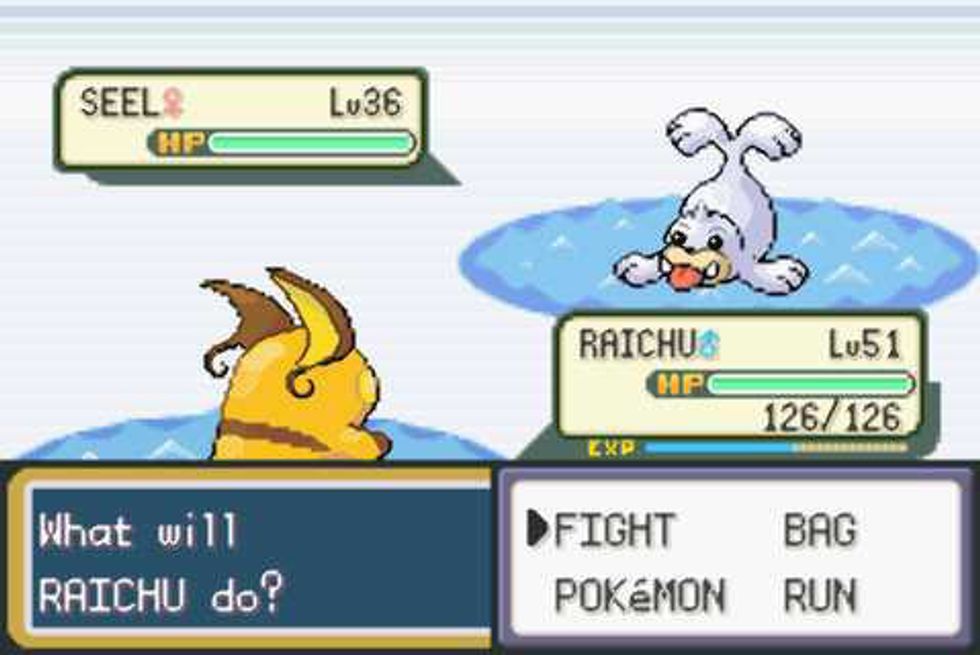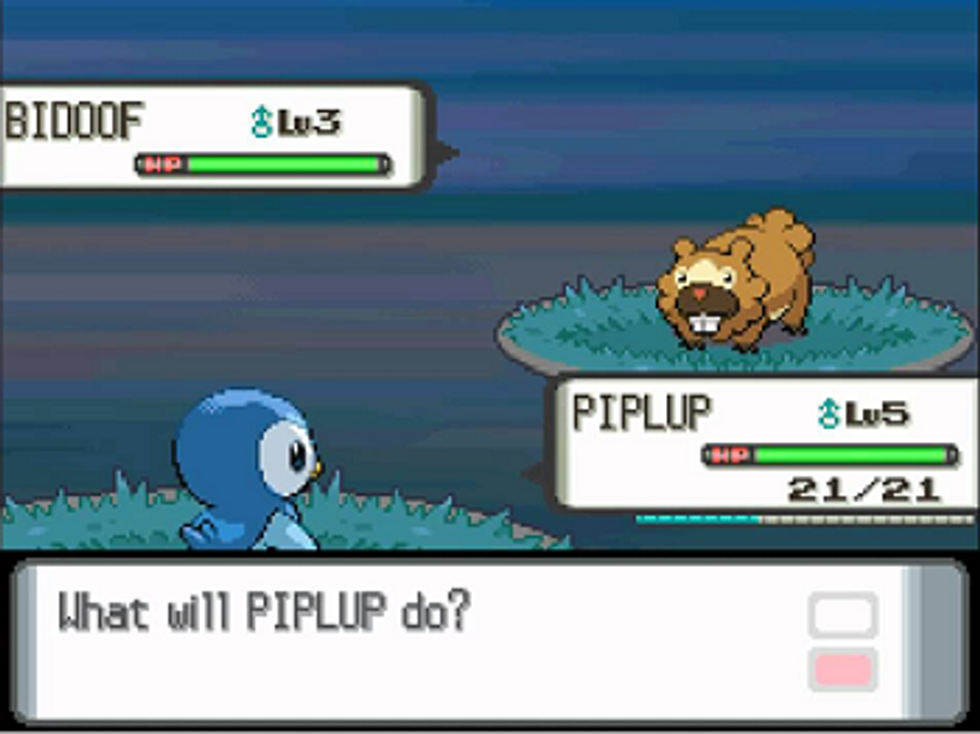One major thing that defines the generation of people born in the nineties is the omnipresence and casual acceptance of screens in every day life. We're the first generation to be raised on television, the internet, phones, various gaming consoles and social media all at the same time. This allows us to have easy access to pursue all manner of activities that make being alone feel good.
At least that's the most common criticism of a life lived by hopping from one screen to the next. It's become a cliche' to point out the irony that this generation is getting used to being alone, together by engaging with social media and playing games online with our friends more than spending our physical time with them. Like most cliche's this one exists because there is a modicum of truth in there somewhere, but it also only captures a generalization of that truth.
Pokémon is either the rebuttal or the exception to this cliche' since it was one of the earliest uses of technology as a means to abate loneliness and encourage interpersonal relationships. It became the worldwide gaming/social phenomenon it is by giving players something more valuable to collect than points or high scores that don't mean anything outside of the game.
Each individual Pokémon collected has a distinct set of possible evolutions, its own gender and its own name, which makes the experience of catching and raising them fun and personal. You can also nickname them if you want. The most brilliant move on the game designers part is to release a set of two games for each new generation of Pokémon (i.e. gen. 1 is Red/Blue, gen. 2 is Gold/Silver etc.) and only make certain Pokémon available on each game so you have to have them both to catch them all.
By setting up the experience this way socialization is the only way to actually achieve the game's end goal. For a generation of nerdy/awkward kids like me classic social experiences like sports, school dances and dating weren't really feasible. Some of my most vivid childhood memories consist of sitting on the bench during soccer games and trading Pokémon with my friends, geeking out as we each got closer to being the first one to complete the game.
Like all good works of art, Pokémon isn't actually about the end result, but rather it's about how you get there. In the game you play as a girl/boy that you pick the name of and the plot is pretty straightforward. You travel the land, raising your team to the highest level you can get to and defeating various gym leaders to advance to the next town.
What makes this unique is the how the game is able to offer a different experience for each player. Every game is designed to be the same, but there is no one proper way to play. Your journey is completely determined by the Pokémon you choose to use throughout. This adds a layer of involvement on the part of the player that personalizes the narrative and makes each new achievement feel earned.
To me, the experience is not dissimilar to investing yourself within the narrative of a great novel, especially since a complete play through lasts about the same amount of time it takes to read a John Steinbeck or Kurt Vonnegut book. Just as making a book's descriptions and characters come to life is up to the reader, the player has to personalize their Pokémon game through creative/strategic solutions to obstacles as they play.
It's been said that books are a way to cure loneliness by giving the reader a cathartic view of a life lived and Pokémon can be used the same way. The function of a book club is to share a communal experience built around a single story and everyone's special reactions to it. Pokémon takes this a step further in the way it personalizes each step of the journey and brings the player and their friends along for the ride.
Now go play a Pokémon game!


